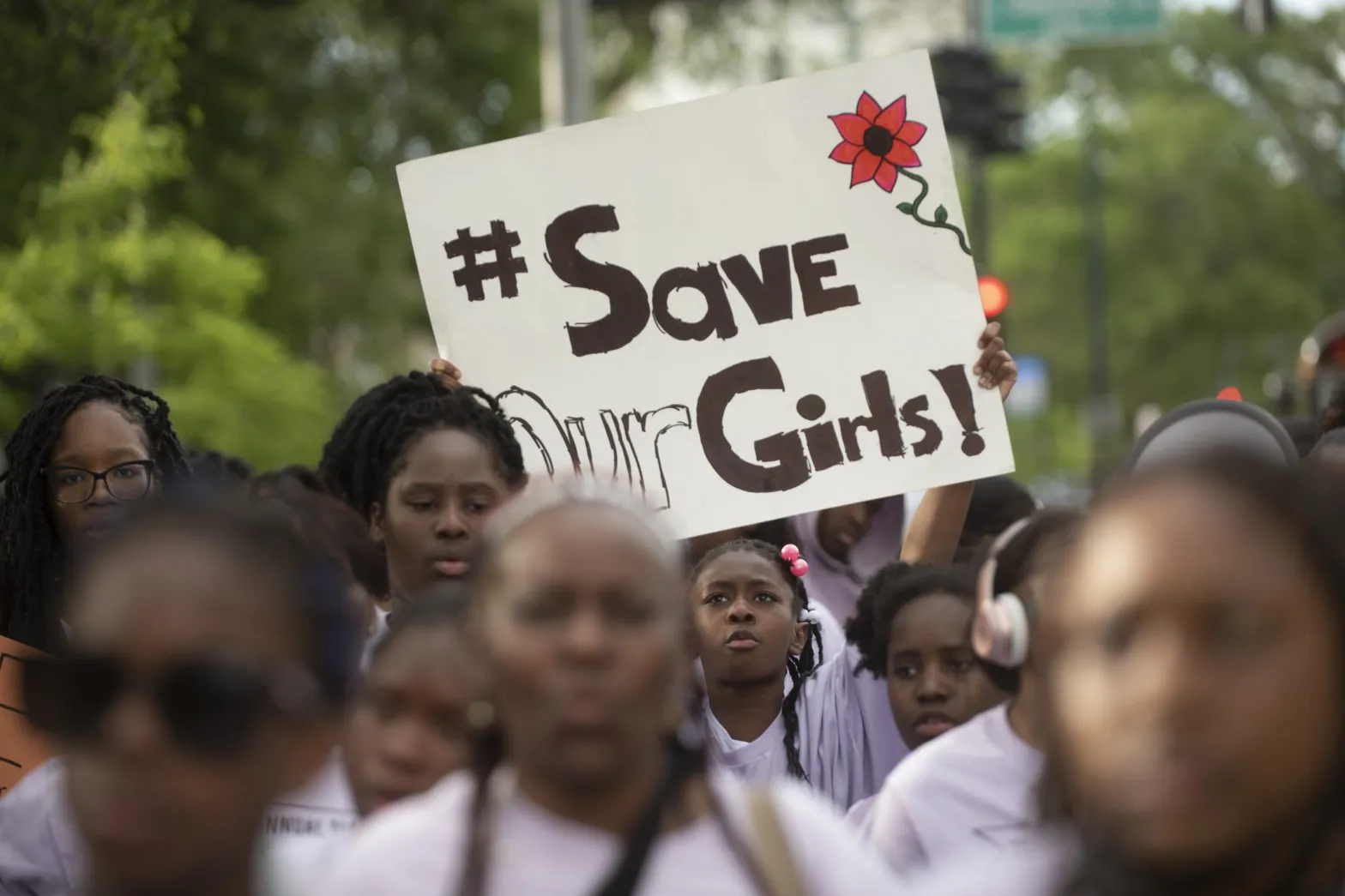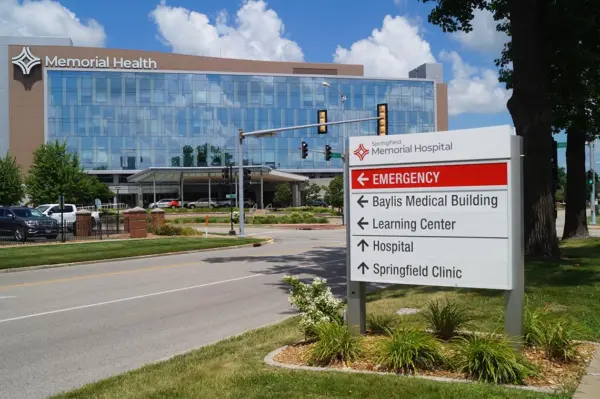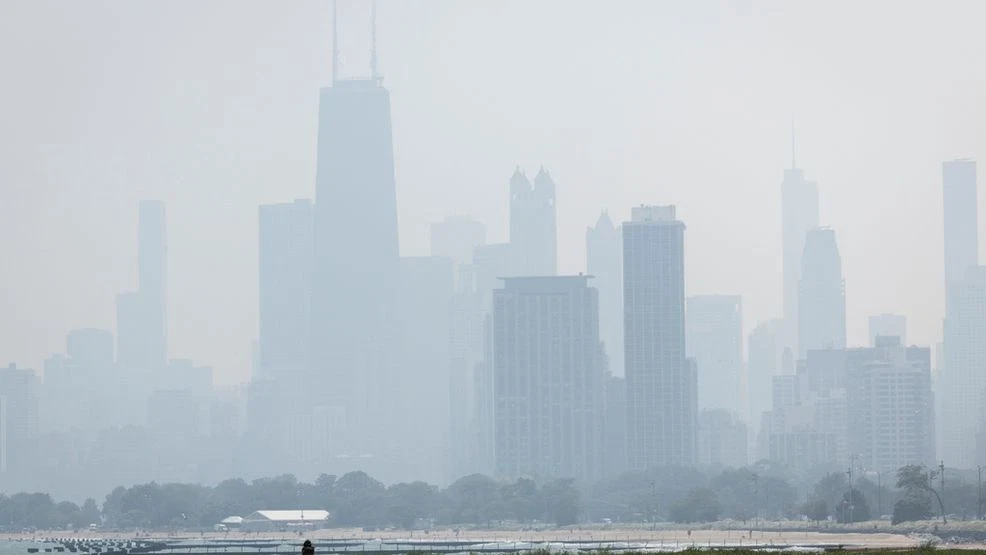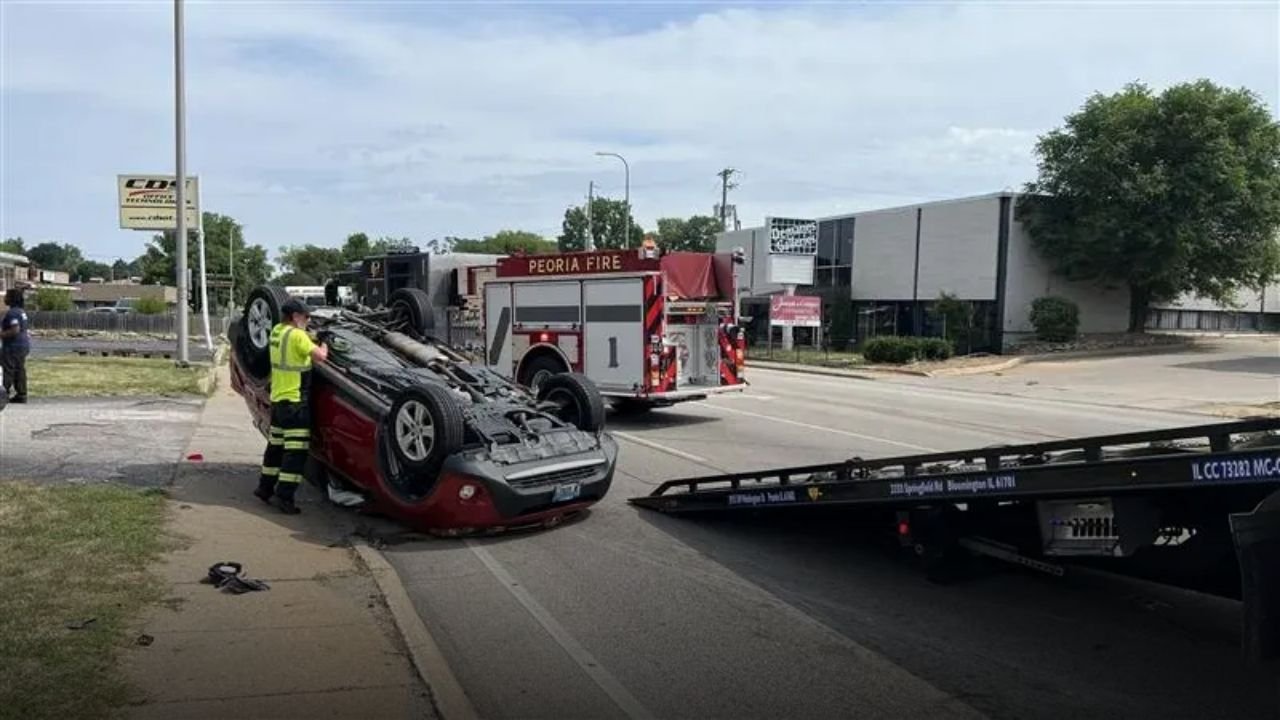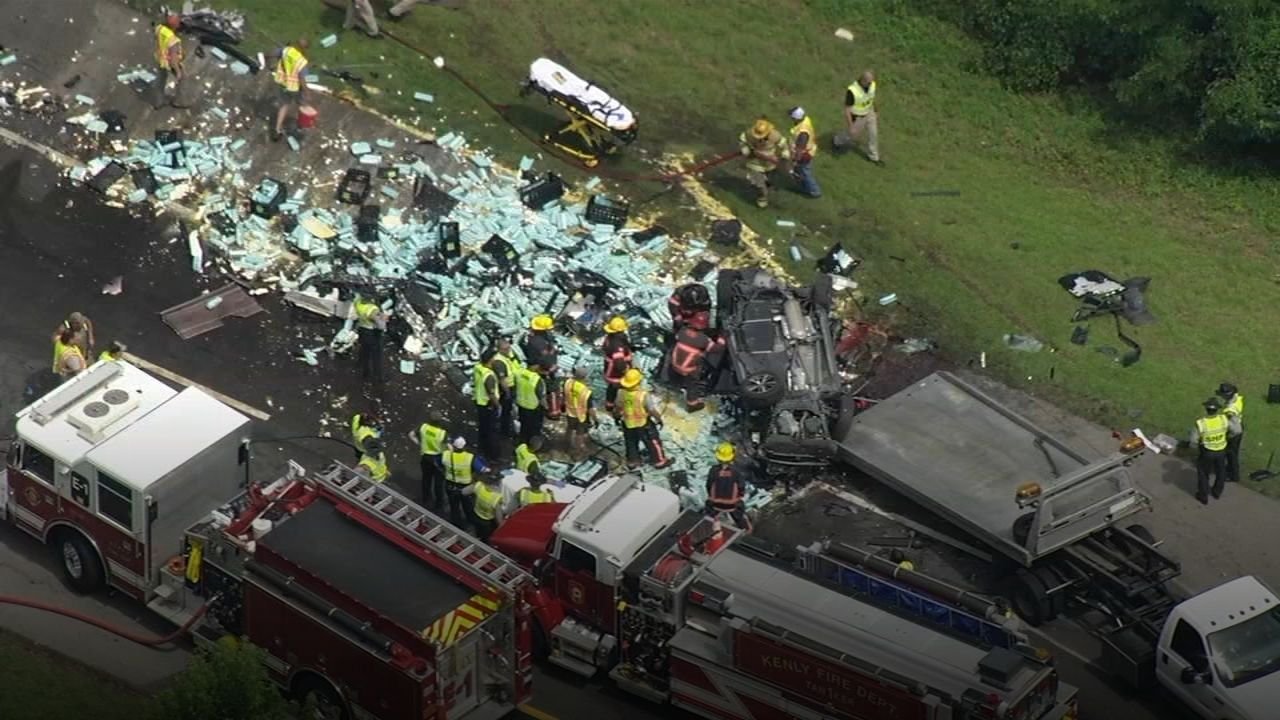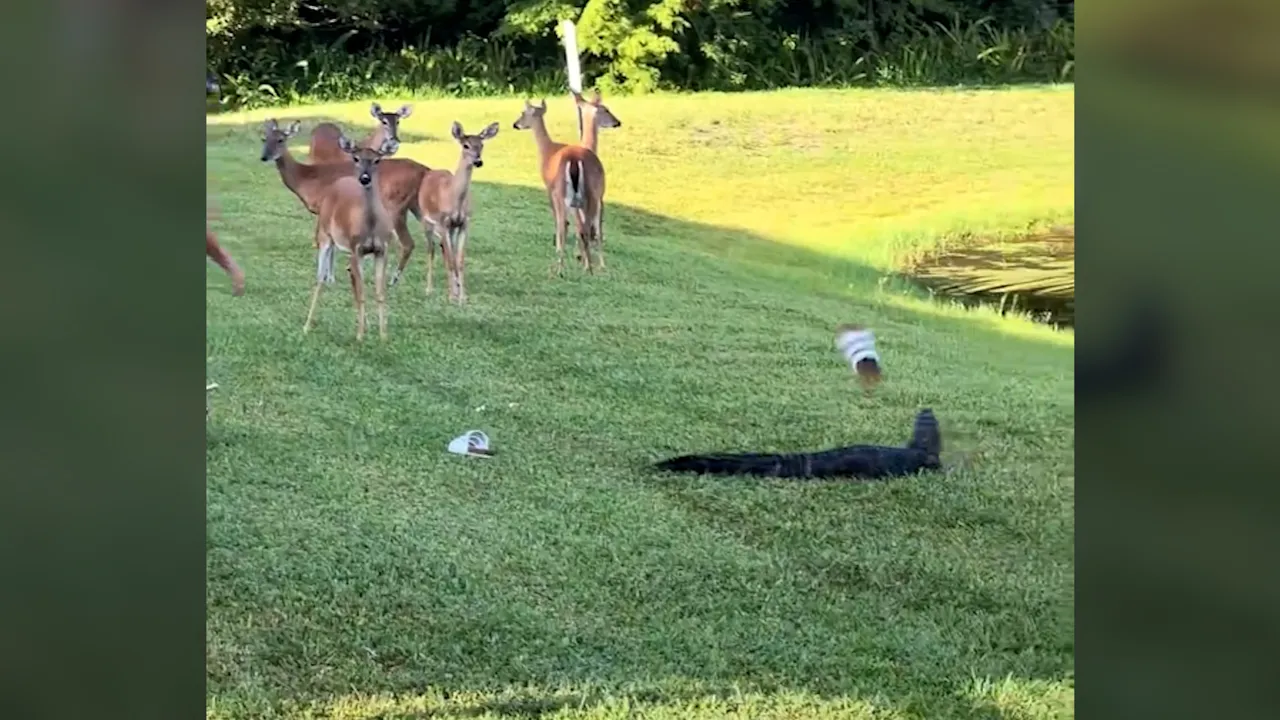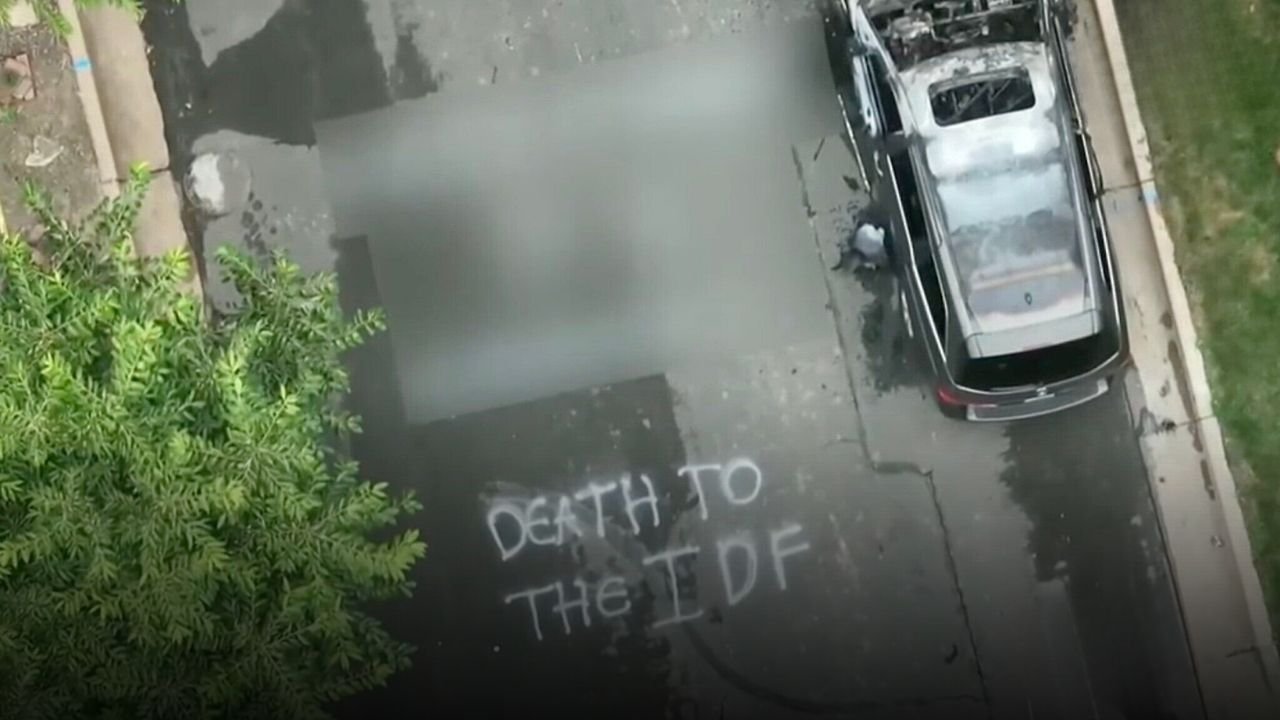BRONZEVILLE, CHICAGO — As Chicago continues grappling with the long-overlooked crisis of missing Black women and girls, Mayor Brandon Johnson is stepping into the conversation by joining this weekend’s “We Walk For Her” march in Bronzeville, calling attention to systemic failures and urging action.
Annual March Returns To Bronzeville Friday
The eighth annual “We Walk For Her” march will take place Friday at 5 p.m., starting at King Drive and South Cottage Grove Avenue, with a news conference scheduled before the walk begins. Marchers will proceed from 35th Street and King Drive to Washington Park, unified by their call for justice and visibility for missing Black and Brown girls and women in Chicago.
The event is organized by Girls Lead, a youth-led initiative of the Kenwood Oakland Community Organization, and typically draws hundreds of supporters — including many families who are still waiting for answers about their loved ones.
Mayor, Local Leaders, National Advocates To Speak
This year’s lineup of speakers includes:
- Mayor Brandon Johnson
- Ald. Jeanette Taylor (20th)
- Kaleena Burkes, director of Minnesota’s Missing and Murdered Black Women and Girls Office
- Rebecca Rabb, interim director of Minnesota’s Office of Restorative Practices
Mayor Johnson emphasized the importance of the cause, stating:
“The families of missing Black women and girls deserve justice. I’m honored to participate in this march to bring attention to this critical issue. We will continue to work with the Chicago Police Department and community organizations across Chicago to bring closure and accountability.”
Call For Dedicated Office And Citywide Reform
This year, organizers are pushing for more than just awareness. They are calling on Johnson to commit to establishing a dedicated office for Chicago’s missing Black girls and women, modeled on efforts already underway in states like Minnesota.
Last year, advocates demanded the introduction of an Ebony Alert in Illinois — a notification system similar to California’s newly adopted policy — to ensure that cases involving missing Black girls and women get the urgency they deserve.
In Chicago, these cases often remain unsolved for four times longer than average, partly due to victims being labeled as “runaways” or “troubled,” diminishing law enforcement urgency.
Ongoing Efforts To Address Gendered Racial Disparities
Progress has been slow but steady. In fall 2024, the Aldermanic Black Caucus partnered with the Committee on Public Safety to hold hearings about the scope of missing Black women in the city. Speakers included journalists Trina Reynolds-Tyler and Sarah Conway, whose Pulitzer Prize-winning series “Missing In Chicago” shined a light on systemic negligence.
In January 2024, Ald. Stephanie Coleman (16th) proposed expanding a city task force focused on violence against Black women. The initiative seeks to offer emergency aid, legal support, housing, and preventative education, expanding upon a program first introduced under former Mayor Lori Lightfoot in 2021.
According to the FBI’s 2022 National Crime Information Center data, 97,879 Black girls and teens were reported missing nationwide — a figure that has risen slightly from 2020, further intensifying calls for urgent reform.
A March, A Movement, And A City’s Responsibility
The “We Walk For Her” event continues to serve as a powerful reminder that Black women and girls deserve visibility, protection, and justice. With Mayor Johnson’s presence this year, advocates hope to elevate the issue from public outcry to policy-level change.
Do you have a personal story, connection, or concern about missing women in your Chicago neighborhood? Share your voice in the comments and let us know how your community is taking action.

